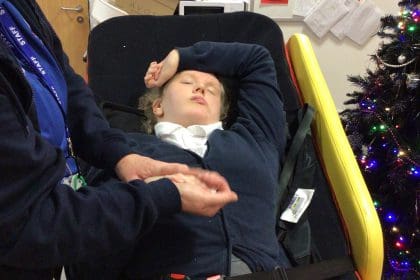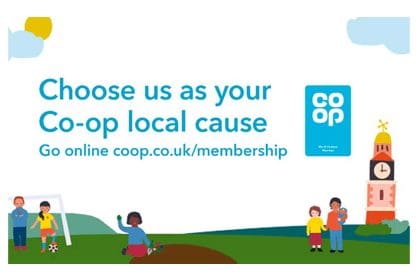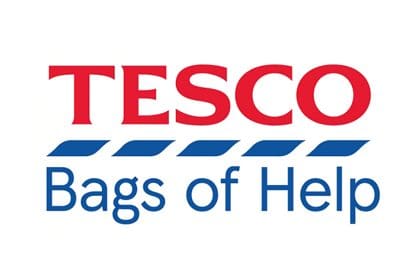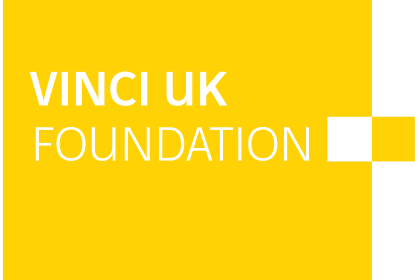Baby Koby was born to parents Francesca and Nathan at Liverpool Women’s Hospital in February 2020.
During Francesca’s pregnancy she was diagnosed with gestational diabetes, a condition which develops in 16% of pregnancies in the UK , according to the charity Diabetes UK. The condition can cause complications for both mum and baby.
Due to the gestational diabetes, the baby grew larger than usual during Francesca’s pregnancy. A planned induction at 37 weeks was scheduled due to concern over the baby’s size. Although Francesca went into labour naturally, she was still induced at 37 weeks as her labour wasn’t progressing. Due to Koby’s size it was a difficult labour and forceps were used to deliver him.
The first day after his birth Koby was very tired, didn’t cry, had difficulty feeding and his colouring was very red. The team at Liverpool Women’s Hospital diagnosed him with jaundice, another complication that can be caused by gestational diabetes. Koby was taken to the neo natal unit where he was placed in an incubator and treated for his jaundice with medical equipment donated to the hospital by MedEquip4Kids.
After just one day of treatment Koby’s condition improved. He started to feed really well and to cry and open his eyes more. His colour had also improved. The midwives and parents felt confident that after another day of treatment, Koby would be able to leave the neo natal unit to stay by his mum’s side in the maternity unit.
Francesca said: “The equipment made a big difference. His condition has improved so much in just one day and he is doing really well.”













